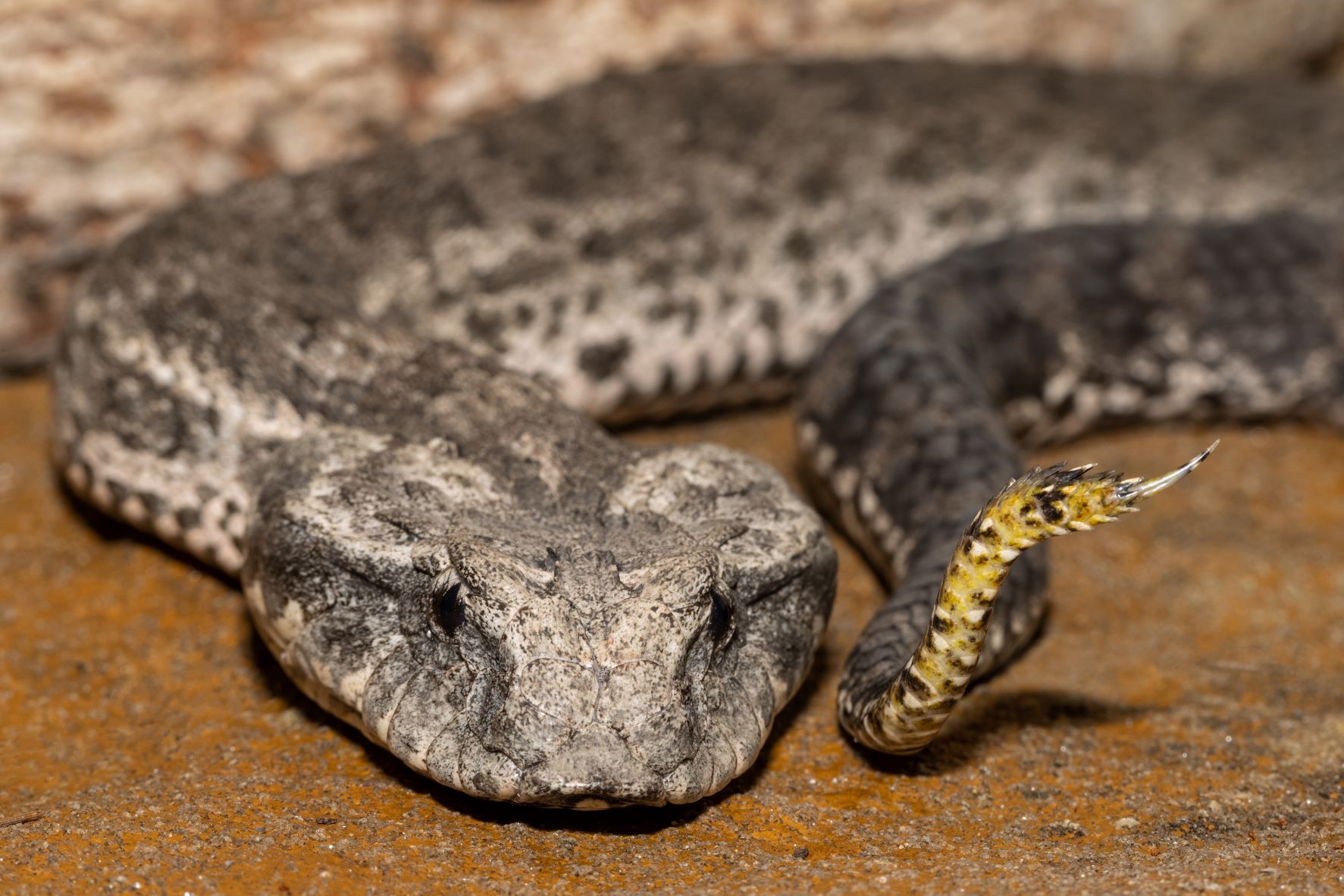Researchers have buried an enduring myth once and for all, showing snakes are not deaf and can even hear airborne sounds.
And it might mean talking aloud could help ward them off.
“Because snakes don’t have external ears, people typically think they’re deaf and can only feel vibrations through the ground and into their bodies,” said Dr Christina Zdenek from the University of Queensland.
“But our research – the first of its kind using non-anesthetised, freely moving snakes – found they do react to soundwaves travelling through the air and possibly human voices.”
Dr Zdenek and Queensland University of Technology Professor Damian Candusso took 19 snakes into a studio and exposed them to different sounds.
One produced ground vibrations that snakes typically respond to. The other two were airborne-only sounds.
They found the snakes definitely reacted to airborne-only sounds, with those reactions strongly dependent on the type of snake involved.
Taipans, brown snakes and especially death adders were more likely to move away from sound. Only the woma python tended to move toward sound.

Dr Zdenek said that was likely explained by the fact the python is a large nocturnal snake with fewer predators so it may not need to be as cautious as smaller species.
She said the study is a leap forward in understanding how snakes sense their environment.
“It’s not as big as vision or them flicking their tongue to taste the air but we can be confident now that sound is part of that,” she said.
But how does a creature with no external ears hear? Via their inner one of course.
In simple terms, sound waves vibrate their jawbones and that is transferred as an electronic signal into the fluid of the internal ear.
While it’s hard to definitively say that talking during a bushwalk will ward off snakes, Dr Zdenek said it was entirely possible.
“In general it’s better if a snake is aware of you, as long as you are not right on top of it,” she said.
“And so probably in addition to making yourself known – with loud footsteps through the bush – speaking can also be a part of the repertoire of letting snakes know you are approaching.
“Snakes are very vulnerable, timid creatures that hide most of the time and we still have so much to learn about them.”
Help us deliver more news by registering for our free daily news feed. All it requires is your name and email. See SUBSCRIBE at the top of this article.





